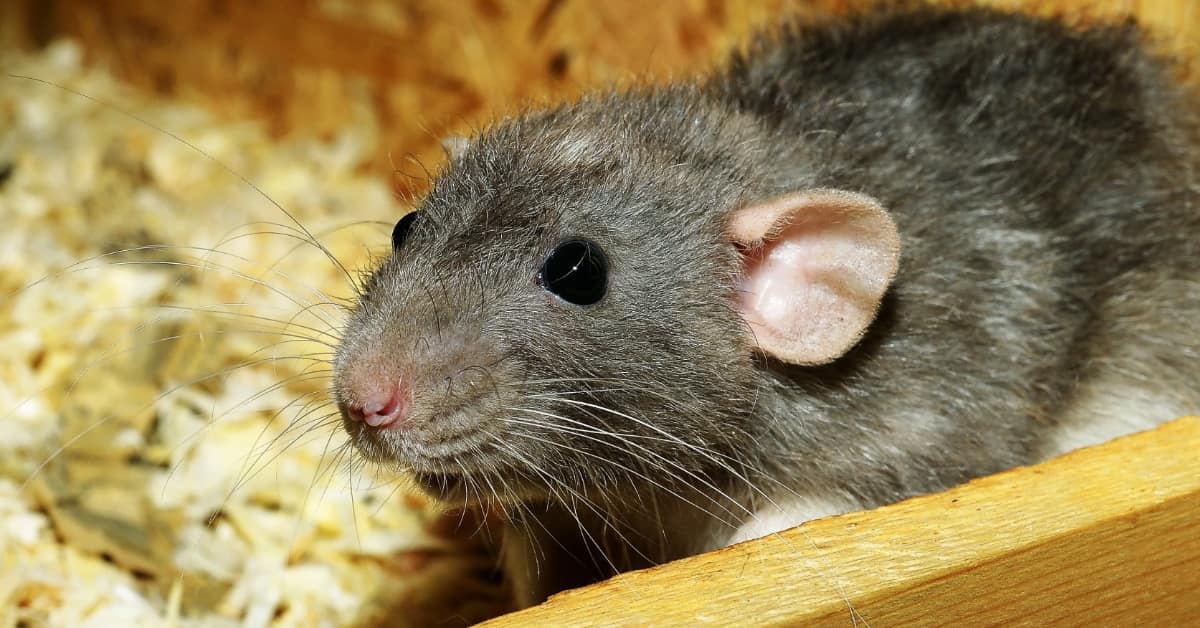
Seeing a rodent darting across the kitchen floor or hiding behind a trash is unsettling. However, the problem goes beyond the initial shock. These small, sneaky creatures can pose serious health risks to you, your family, and your pets. Sadly, rodents find plenty of opportunities to sneak into homes and settle in Berthoud. This is because the peaceful neighborhoods here sit close to open fields, wooded areas, and farmland.
Rodents are experts at squeezing through tiny spaces and finding food. Also, they can make themselves at home in walls, basements, and garages. Sadly, they don’t show up alone once they have set up camp in your home. They bring them germs, parasites, and droppings that can cause health problems. Unfortunately, many people do not realize they have a rodent issue until symptoms start to show up or an infestation grows out of control. This makes it important to work with a saelapest.com pest control team once you notice signs of an issue.
Living in Berthoud means being extra aware of the wildlife that shares the land with us. Rodents are part of this wildlife. Understanding how they affect our health can keep your home and family safe. Here’s how rodents can impact your well-being and what you can do to stay protected.
Rodents Carry Diseases
Mice and rats are known carriers of many harmful diseases. Sometimes, just breathing in dust from rodent droppings or urine can make you sick.
Hantavirus is a major concern. This virus is found in deer mice, which is a common rodent in Colorado. It spreads through the air when droppings, urine, or nesting materials are disturbed. Hantavirus can cause severe lung problems and can be deadly if not treated quickly. Rodents can also spread diseases such as salmonella, leptospirosis, and rat-bite fever. These illnesses can cause fever, nausea, and vomiting.
Food Contamination
Rodents help themselves to your food. You might find a hole in a cereal box or droppings near your pantry once they are in your house. Unfortunately, this is dangerous.
Rodents leave behind germs that can make you sick when they get into your food. They may have chewed through packaging, leaving saliva, hair, or waste behind even if you do not see them. Eating contaminated food can lead to stomach bugs and infections. It’s important to store food in sealed containers, wipe down shelves often, and throw out anything that has been tampered with.
Allergies and Breathing Problems
A rodent problem can make things much worse if you or someone in your household has allergies or asthma. Rodent droppings, dander, and urine can act as allergens. Over time, the particles build up in the air and can be breathed in, especially in tight indoor spaces.
This is especially concerning for young children, seniors, and people with existing breathing issues. Even cleaning up after a rodent infestation can release harmful particles into the air if it is not done safely.
Mental Stress and Sleep Issues
Knowing that rodents are crawling around your home at night or chewing through your walls can cause a lot of stress. You might lose sleep from hearing strange noises or from constantly worrying about what they are doing while you’re not looking. Long-term stress can affect your immune system, mood, and energy levels. You will find it hard to feel relaxed in your own home when you know you are sharing it with pests. Taking action early can help you feel more in control and restore a sense of calm in your space.
Community Issues
Rodents can be a community-wide concern. They can move from property to property easily. They can hang out near dumpsters, parks, and outbuildings. The more they breed and roam, the higher the chance they’ll end up in someone’s home, bringing germs with them. Regularly cleaning up outdoor spaces, securing trash bins, and keeping grass and shrubs trimmed are simple steps that can help keep the whole neighborhood healthier.
